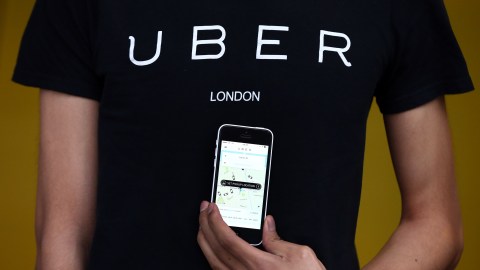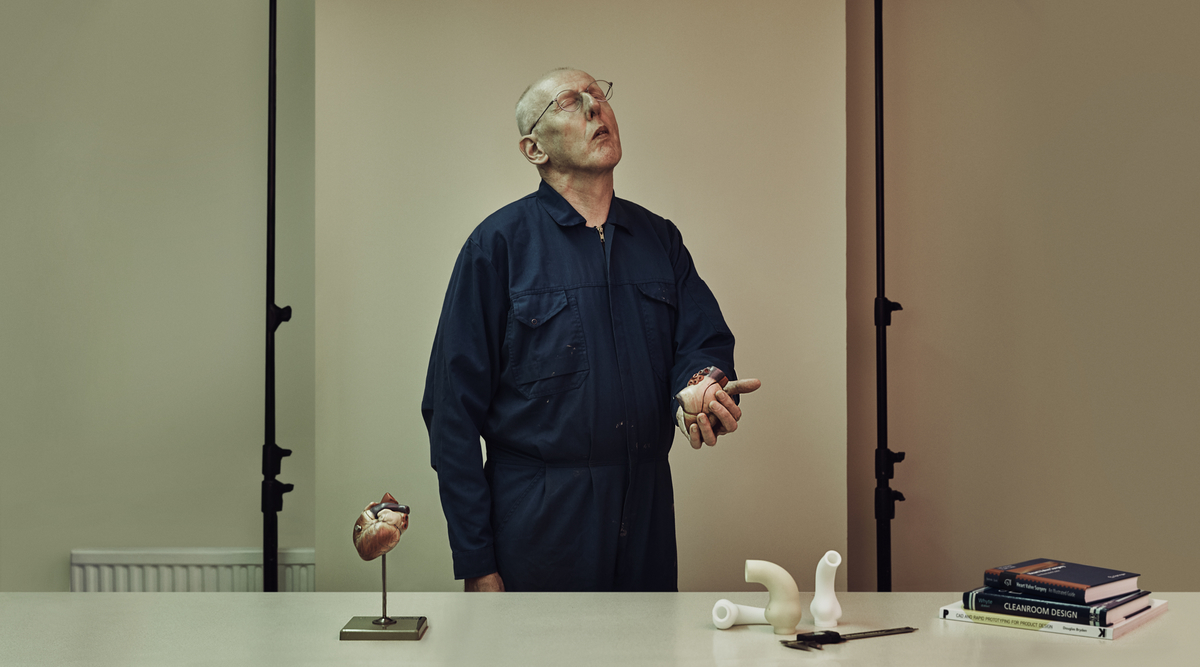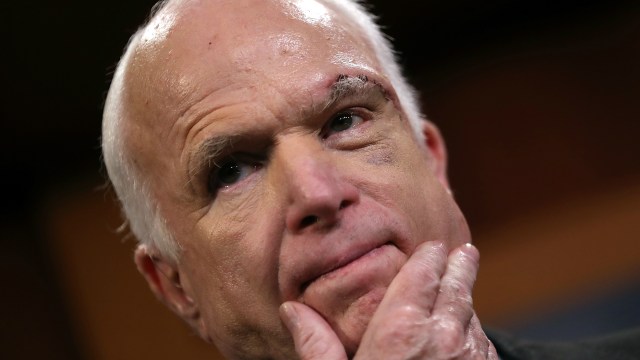Uber Loses London License, Finds Its Business Model Threatened

Ever use Uber? I have several times and found it startlingly convenient. Unfortunately, after September 30, the option for Londoners could come into jeopardy. City regulatory agency Transport for London (TfL) has decided not to renew Uber’s license past that date. According to the notice, “Private hire operators must meet rigorous regulations.” That includes taxis. “TfL must also be satisfied that an operator is fit and proper to hold a license.” The agency said Uber hasn’t met these standards.
The notice also reported, “TfL considers that Uber’s approach and conduct demonstrate a lack of corporate responsibility in relation to a number of issues which have potential public safety and security implications.” These include:
Uber can operate for 21 days while the appeal process takes place, so, fear not Londoners! Your Uber is safe (for now). The company responded by saying it was challenging the decision in court immediately. Uber’s general manager in London, Tom Elvidge told reporters, “Transport for London and the mayor have caved in to a small number of people who want to restrict consumer choice.”
Black cab driver groups, former Uber drivers, and certain politicians have targeted the company, citing it as a case for tougher regulations and in some cases, an outright ban. Complaints include that Uber treats its own staff poorly, fails to do proper background checks on drivers, doesn’t consider passenger safety as they should, undercuts the local black cab industry, and doesn’t contribute enough in taxes to the UK. According to London Police, 32 Uber drivers were accused of sexual assault between 2015 and 2016. They’ve also said the company has failed to disclose or drags its heels on reporting such crimes.
Another setback for Uber in the UK could happen in November, when a tribunal might label its employees workers rather than independent contractors. The former will result in Uber needing to pony up holiday pay and stick to minimum wage requirements. Losing London is going to hurt Uber’s bottom line significantly, analysts say. The city has 3.5 million Uber users, according to the company, and 40,000 drivers in London work for Uber.
An online petition condemning the move shot up on the internet shortly after the announcement’s release. It garnered 20,000 signatures within five hours. The tech giant claims to operate in 600 cities around the world, but as of late it’s been a bumpy ride (pun intended). Recently in North America, the firm paid out $20 million to clear allegations that it misled drivers, telling them they would earn far more than they actually could. And in another case earlier this year, CEO and founder Travis Kalanick was pushed out due to a number of scandals involving sexism and bullying inside the company. Denmark and Hungary have booted the startup. And it’s facing lots of legal battles as well, over regulatory violations in several US cities and countries around the world.

London’s powerful black cab industry has been calling for tougher regulations on Uber. Getty Images.
London’s mayor Sadiq Khan released a written statement supporting the decision. He said,
I want London to be at the forefront of innovation and new technology and to be a natural home for exciting new companies that help Londoners by providing a better and more affordable service. However, all companies in London must play by the rules and adhere to the high standards we expect – particularly when it comes to the safety of customers. Providing an innovative service must not be at the expense of customer safety and security. I fully support TfL’s decision – it would be wrong if TfL continued to license Uber if there is any way that this could pose a threat to Londoners’ safety and security. Any operator of private hire services in London needs to play by the rules.
Is this the beginning of the end for Uber? The company is one in the richest of Silicon Valley. It’s worth $70 billion. It’s also got bigtime investors of the likes of Goldman Sachs. Fighting and deflecting scandal seems part of Uber’s business model. It made its way up by elbowing through the room and ignoring the consequences. Today, in some places at least, it may need to learn to play nice or else heavily diversify, so that it can enjoy as prosperous a future.
To get a feel for the reaction Londoners are having, click here:





